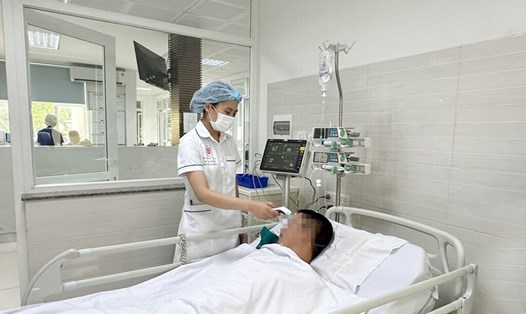Common Oral Health Problems During Menopause
A study published in the Journal of Population Therapeutics and Clinical Pharmacology suggests that menopause can lead to significant changes in oral health. Studies have shown that up to 60% of postmenopausal women have periodontal disease, 25% have dry mouth, and 15% have burning mouth syndrome.
These problems arise because hormonal changes weaken the immune system and make it harder to fight oral infections, says Dr. Aakruti Agarwal, BDS, MDS, of Quality Dental Care in Amravati, Maharashtra, India. Common problems include dry mouth, gingivitis, and an increased risk of periodontal disease. Periodontal disease is a serious gum infection that damages the soft tissue and destroys the bone around the teeth.
Why do menopausal women have dental health problems?
“Oral problems during menopause are often due to reduced estrogen levels, which can reduce saliva production and lead to dry mouth,” says Dr. Agarwal. “Low estrogen also affects gum tissue, increasing the risk of inflammation and periodontal disease. These hormonal changes can weaken the protective barrier of the mouth, making regular dental care essential during this time.”
How to minimize risk?
To reduce the oral health problems associated with menopause, women should drink enough water, avoid alcohol and caffeine, and consider using sugar-free gum to stimulate saliva. Regular brushing and using fluoride toothpaste can help protect teeth, Dr. Agarwal added.
In addition, during menopause, it is also necessary to increase the intake of foods rich in calcium and vitamin D to support bone and tooth health. Foods rich in antioxidants help reduce gingivitis, while vitamin C supports gum recovery.








